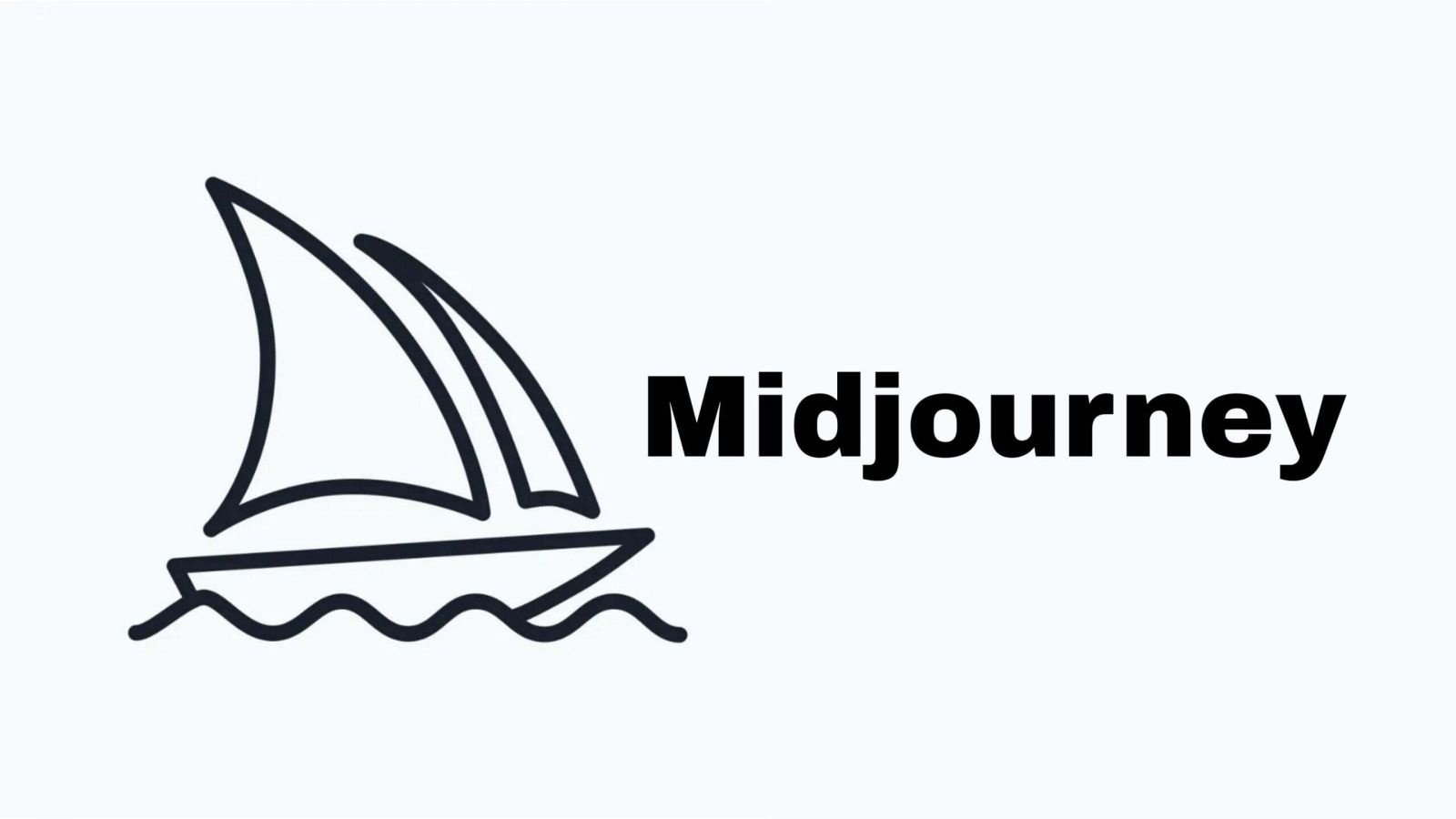Introduction
The Midjourney lawsuit vs Warner Bros centers on copyright for AI-generated images and affects creators, platforms and studios.
Quick definition
The "Midjourney lawsuit" is a legal claim alleging copyright infringement related to AI-created images and videos of protected characters.
Context
Warner Bros sued Midjourney, alleging the service lets subscribers generate images and videos of copyrighted characters such as Superman, Bugs Bunny, Batman, Wonder Woman, Scooby-Doo and the Powerpuff Girls. The complaint says Midjourney trained its AI on "illegal copies" of Warner Bros works and encourages users to create those characters in "every imaginable scene."
The Problem / Challenge
Warner Bros argues Midjourney creates consumer confusion about lawful content and exploits Warner Bros Discovery intellectual property; the studio seeks up to $150,000 in damages per infringed work.
Direct definition
The core issue is whether training on publicly available images is transformative fair use or unlawful copying of protected works.
Arguments from both sides
Warner Bros says Midjourney "thinks it is above the law" and could stop the alleged exploitation. Midjourney has denied infringement in related cases, arguing it trained on billions of public images to learn visual concepts and language mappings and that such training is a transformative fair use.
"Training a generative AI model to understand concepts by extracting statistical information embedded in copyrighted works is a quintessentially transformative fair use"
Midjourney (court filing)
Practical impact
The lawsuit may set boundaries for dataset construction and permissible uses of AI-generated images. Creators and platforms may face stricter terms of use, moderation of prompts, and restrictions on generating copyrighted characters.
- Legal exposure for platforms enabling generation of protected content
- Potential limits on prompts that reference recognizable characters
- Greater emphasis on moderation and compliance policies
Outlook and limits
Midjourney maintains users bear responsibility to follow terms of use and that training on public images is necessary for learning; the Motion Picture Association endorsed Warner Bros' lawsuit, highlighting industry risks. The provided text does not include definitive resolutions.
Conclusion
The Midjourney lawsuit raises key questions about the line between legitimate model training and unauthorized use of protected works; outcomes could reshape training practices and platform liability.
FAQ
Short answer: the Midjourney lawsuit is a claim of copyright infringement over AI-generated images that reproduce copyrighted characters.
- What does Warner Bros seek in the Midjourney lawsuit? Warner Bros alleges training on "illegal copies" and seeks damages up to $150,000 per infringed work.
- Does Midjourney admit infringement? No; Midjourney denies infringement and argues training on public images is a transformative fair use.
- How could this affect AI image creators? Creators may face legal risks and limits on prompts producing recognizable copyrighted characters, and must follow platform rules.
- Will the lawsuit change how AI models are trained? It could lead to stricter dataset rules and compliance obligations, but the text does not provide a definitive outcome.
